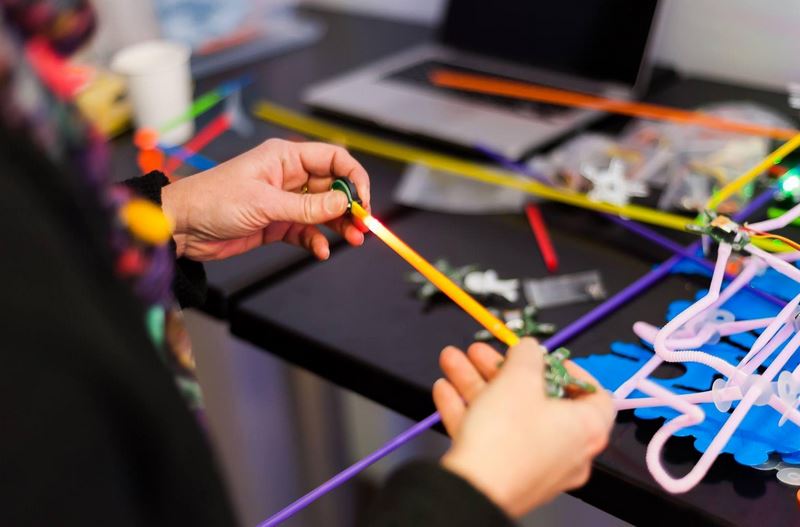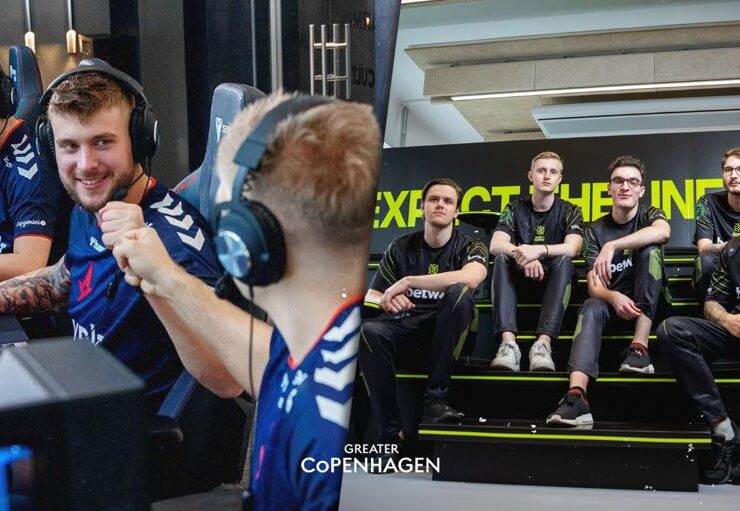Barriers to ed-tech development in the Nordics

The Nordics have a natural advantage when it comes to education technology, including strong school systems, technical expertise, and forward-thinking municipalities who put digitalization on the agenda. What is holding back ed-tech development in the region?
Many startups in the Nordics struggle with the VC investment bottleneck and finding the right talent. However as Hanna Kristín Skaftadóttir of Mimi Creations explains, for ed-techs, the problem is not based in funding and skills.
“The skill sets of ed-tech entrepreneurs are increasingly getting better as we are seeing a rise in investment in ed-tech companies. There needs to be a consensus of the government to help private companies and entrepreneurs to enter the field of education… in some of the Nordic countries there are restrictions of what is acceptable as a ‘good’ learning/teaching method and what is not.
This needs to be address and aligned. We need to show, in the ed-tech business, that the material we are producing is working and that we are improving the way our future generations will acquire knowledge, education, and grow and foster their own individual talents and prospects.”
Governments can encourage municipalities to bring digital tools into the educational system, and even reward those who choose to implement ed-tech solutions. In Denmark, for example, 500 million kroner has been set aside from 2012-2017 to encourage digital competences in schools.
“There are tons of approaches for how to improve education,” says Viktor Sebes, of EdQu, “but the surroundings are often somewhat risk-averse, with long decision-times and trial periods. An economic incentive and nudge to use digital ed-tech tools, like in Denmark, would definitely accelerate the transition to the next generation of learning materials.”
Formal bidding processes a death knell
The “long decision times” are often a result of the formal bidding processes. In most cases, it is mandatory for public schools to create long and formal tenders, and the company that is best at this bureaucratic process wins – not necessarily the company with the best product for the job.
Geir Sand Nilsen of Ed-tech Foundry explains, “The main challenge with the process is the way tenders are built. It is an endless list of questions, like ‘the user should be able to…’ But we all know that even though a system might allow a user to do something, it doesn’t mean the users will.”
Geir suggests the way schools buy technology must change to be based on learning engagement over learning outcomes.
Community building for stronger ed-techs
Building a strong business cluster for edtech can help strengthen a collaborative culture between companies and schools and advocate for the best policies to move ed-tech forward.
At the moment, there are no joint platforms or clusters that ed-tech companies can keep up with regularly. Burgeoning country initiatives like Oslo Edtech Cluster or EdTech Sweden, who are mapping the ed-tech ecosystem in the Nordics, can help address this.
Creating platforms and clusters that enhance knowledge and open discussion can help companies be high functioning across the spectrum of ed-tech products, by interacting in positive and constructive ways.
“There are not a lot of people to talk about, for example, how you manage sales to educational institutions. I have to reach out to non ed-tech companies selling industry software,” explains David Kofoed Wind of Peergrade. And breaking into the larger markets outside the Nordics presents a huge challenge.
Education + business acumen
Scaling services, such as Lemonsqueeze, headed by founder and CEO Mik Strøyberg, have greatly benefited the startup community in the Nordics by helping companies scale to the US market.
“We need a LemonSqueeze – we need competences to get into the US market,” says David.
Aditya Prakash from Skidos Labs point out ed-tech companies can improve their prospects by drawing inspiration from business-savvy companies in the B2B market.
“The whole business model most of the ed-tech companies use is resource heavy – aggressively being in the B2B market is a difficult place to be. And sales forces are expensive.”
He recommends ed-tech companies consider more innovative business models. “Ed-tech should innovate on the product model and make it a hybrid, and reach out for partnerships.” Skidos Labs, for example, has partnered with already-successful game studios to inject learning tools into popular games.
And, most importantly, he reminds ed-tech companies to think big.
“If you want to be successful as an ed-tech company, you can’t build a product for the Nordic region – it has to be global.”
Read more and join the Swedish Ed-tech mapping here.










